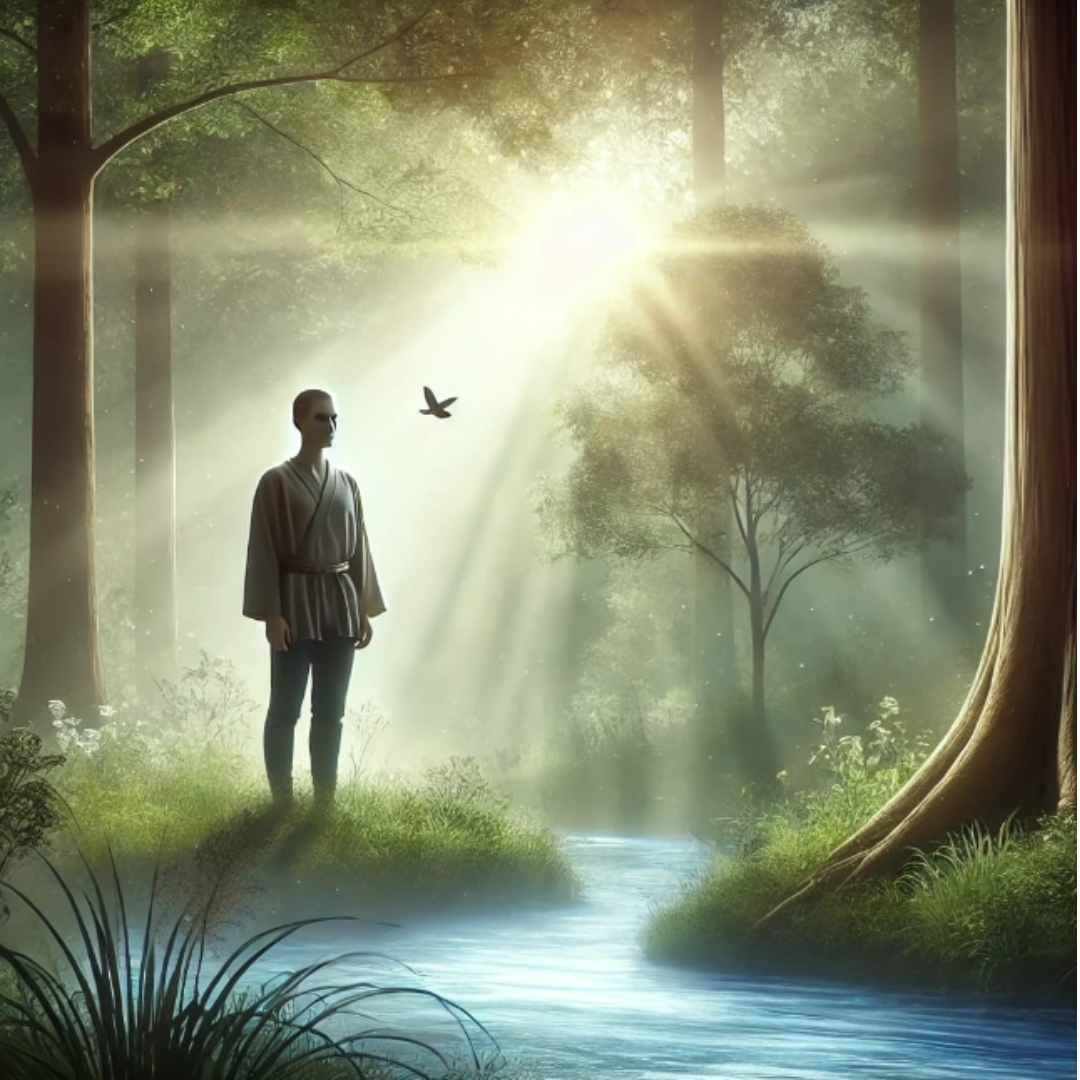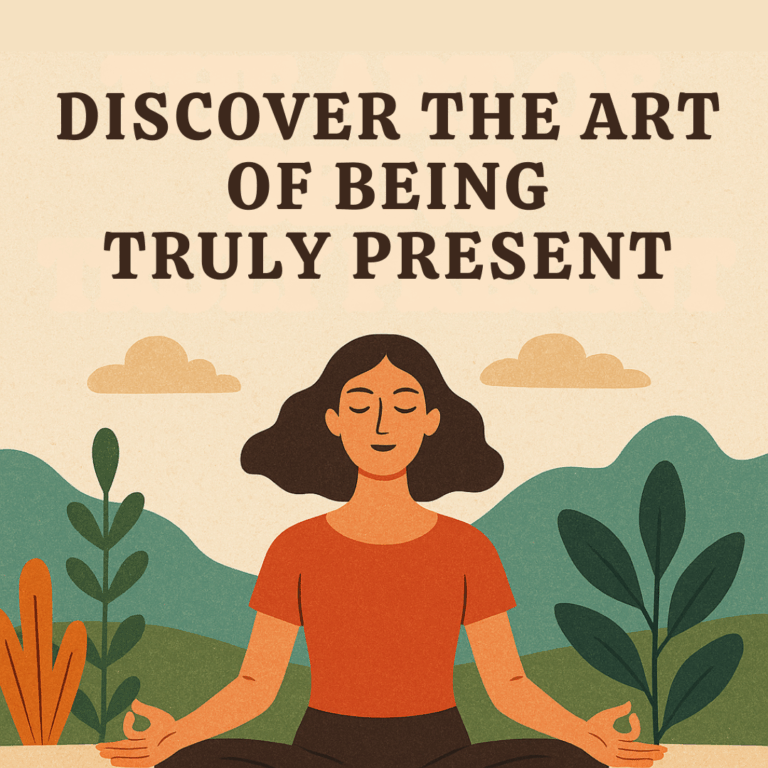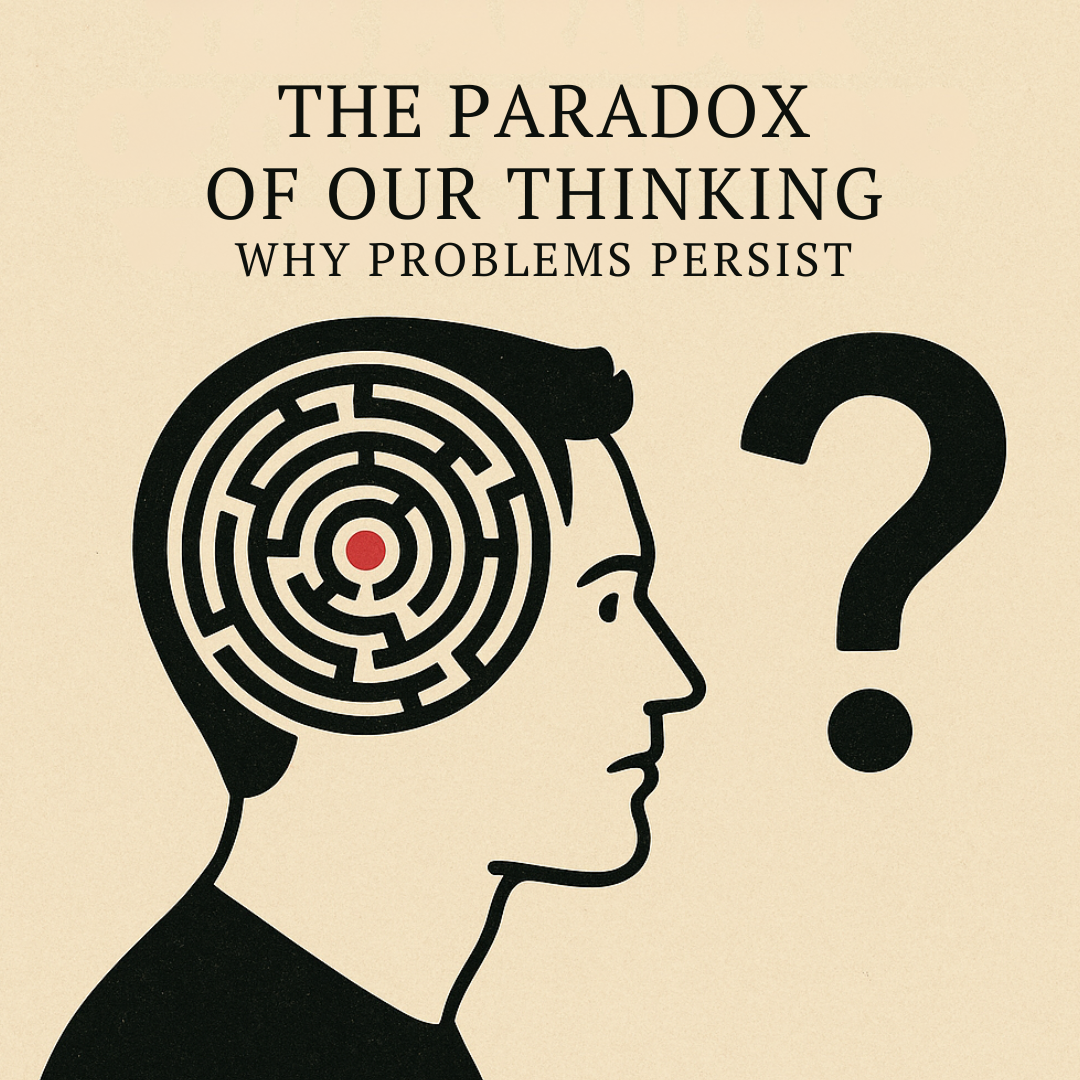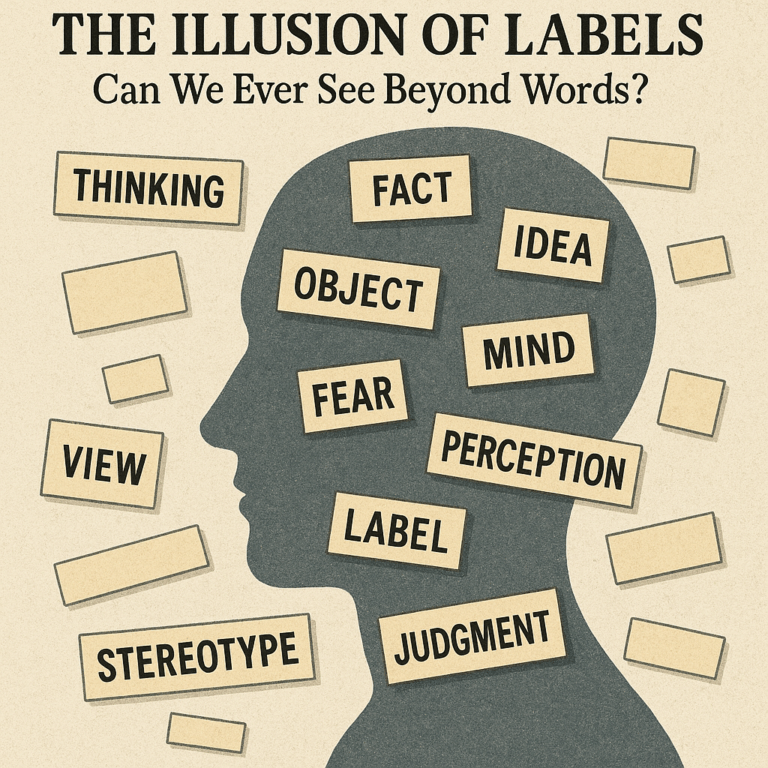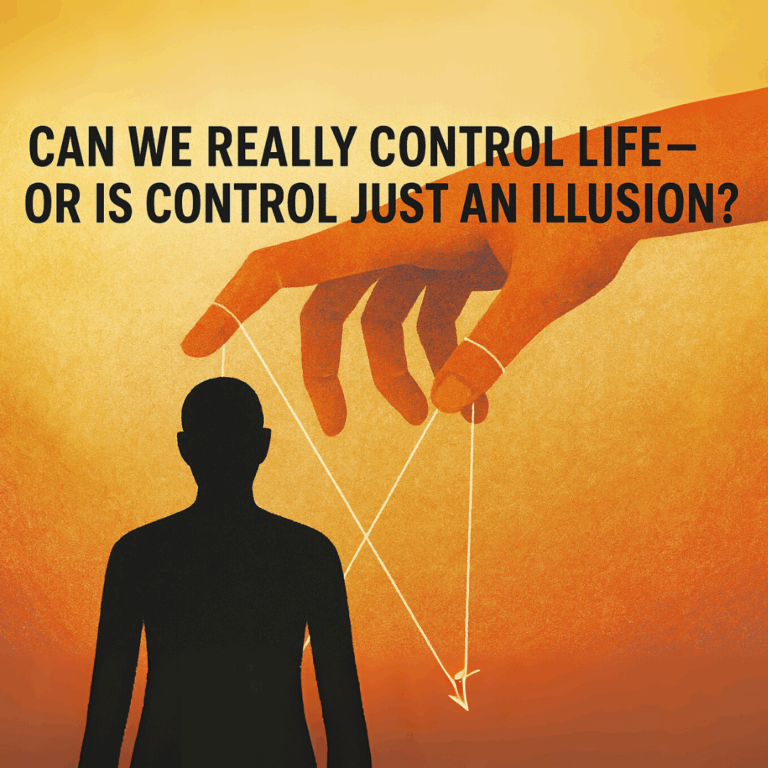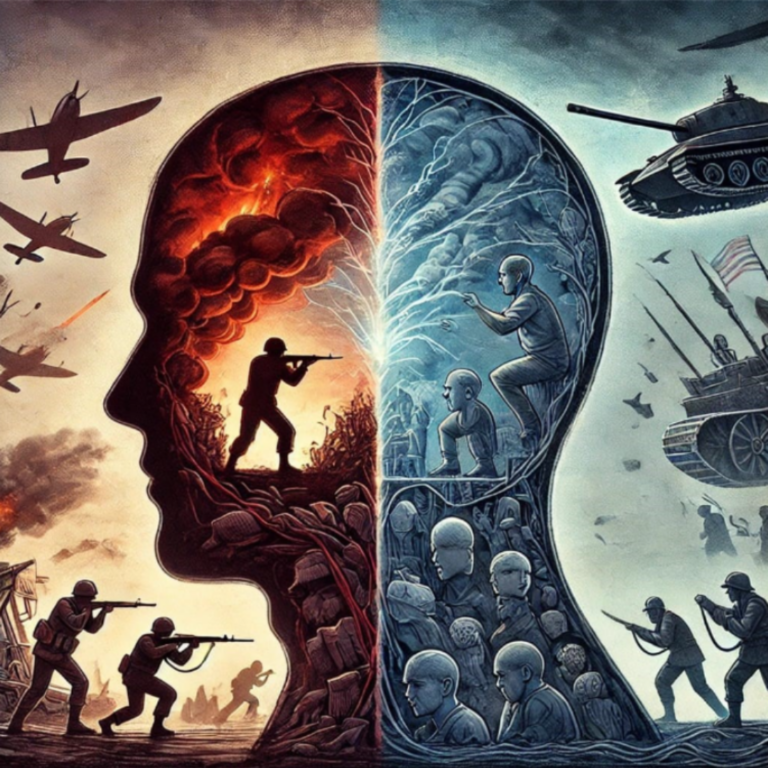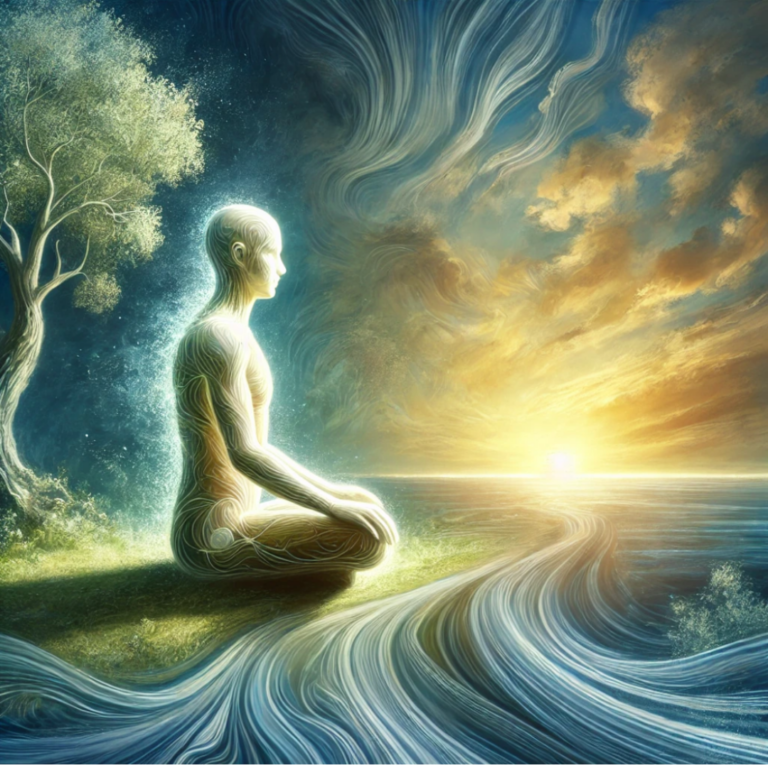Is true peace attainable? This question has echoed through the corridors of time, challenging individuals and societies alike. We’ve created institutions, drafted treaties, and preached ideologies – all in pursuit of a harmonious world. Yet, conflict persists. Perhaps it’s time we pause and reconsider: What is peace, truly?
Many equate peace with the absence of war, a temporary lull between storms. But is that all there is to it? Or does peace run deeper, flowing beneath the surface of our everyday existence?
Consider this: Can a person be peaceful in some situations but not in others? Does genuine peace come and go, or is it a constant state of being, unaffected by external circumstances?
These questions invite us to look beyond our conventional understanding of peace. They urge us to explore the very fabric of our consciousness, where the seeds of both conflict and harmony are sown.
Imagine a world where peace isn’t an ideal to be achieved, but a natural state of being. A world where peace emerges not from suppressing our aggressive tendencies, but from a profound understanding of our own minds.
What if the root of conflict lies not in our external world, but within ourselves? Our perceptions, our conditioned responses, our deeply ingrained beliefs about “us” and “them” – could these be the real battlegrounds?
As we ponder these questions, we might see that true peace is not about conforming to moral standards or adhering to religious doctrines. It’s about clarity – a clear perception of reality, unfiltered by our prejudices and preconceptions.
But how do we cultivate this clarity? Is it through more knowledge, more ideologies, more systems of thought? Or does it require something fundamentally different – a willingness to question everything we’ve been taught about peace and conflict?
Consider the joy that sometimes fills our hearts, leaving no room for hatred or violence. In those moments, are we not at peace? What can we learn from these experiences?
As we reflect on these ideas, we might also question the very fabric of our society. We’ve built a world that often pits us against each other, fostering competition and division. Can true peace flourish in such an environment? Or does it require a radical reimagining of our social structures?
These are not easy questions to answer. They challenge us to look deeply into ourselves and the world around us, to question long-held beliefs, and to explore new possibilities.
As we continue this exploration, let’s resist the temptation to grasp at quick solutions or comforting ideologies. Instead, let’s embrace the uncertainty, the not-knowing. For it is in this space of open inquiry that we might stumble upon insights that transform our understanding of peace.
What if peace isn’t something to be achieved, but something to be discovered? What if it’s already here, obscured only by our inability to see clearly?
These are the questions we’ll continue to explore. Not in search of definitive answers, but in the spirit of ongoing inquiry. For perhaps it is in the very act of questioning, of looking deeply, that we might come to understand the true nature of peace.

